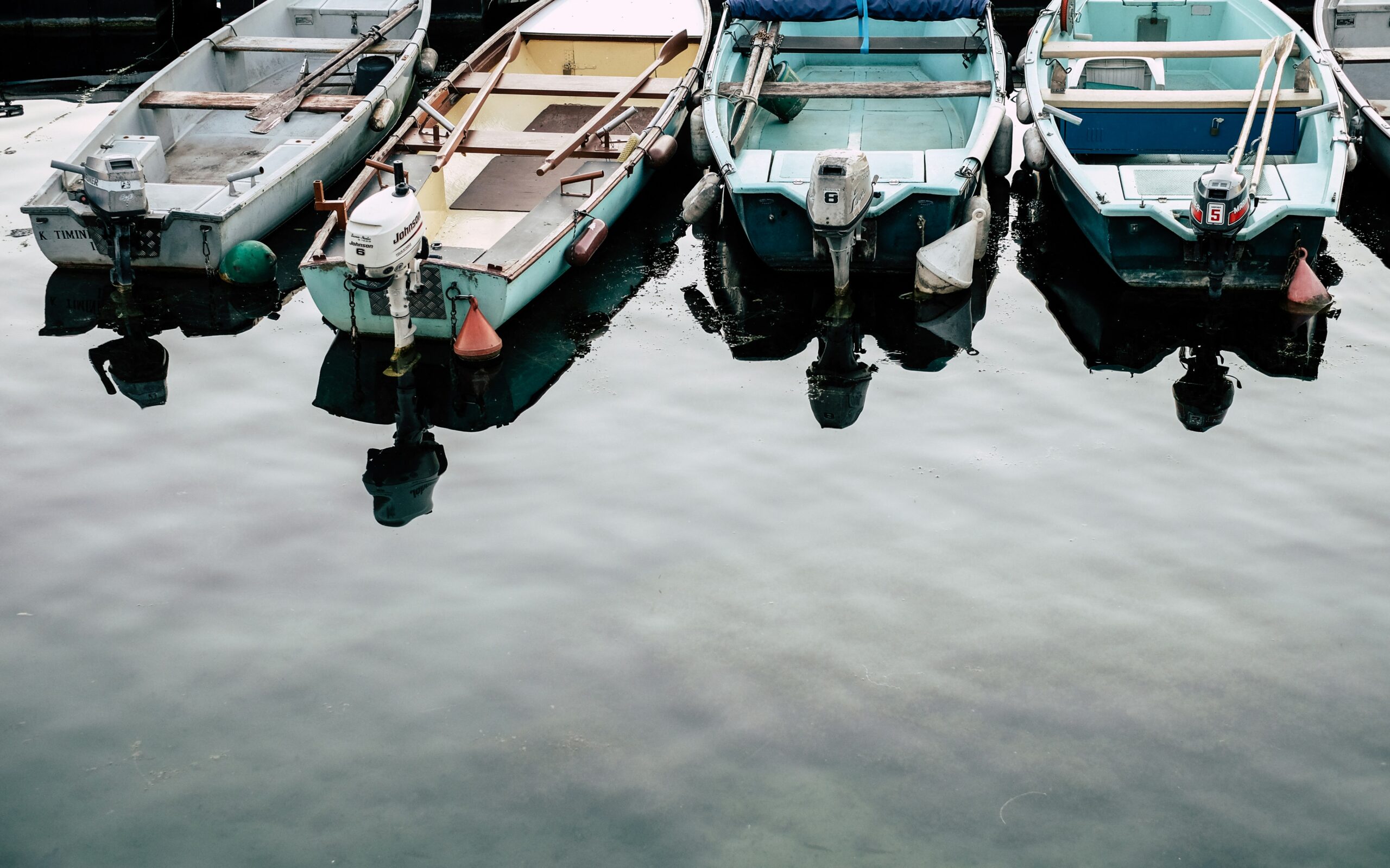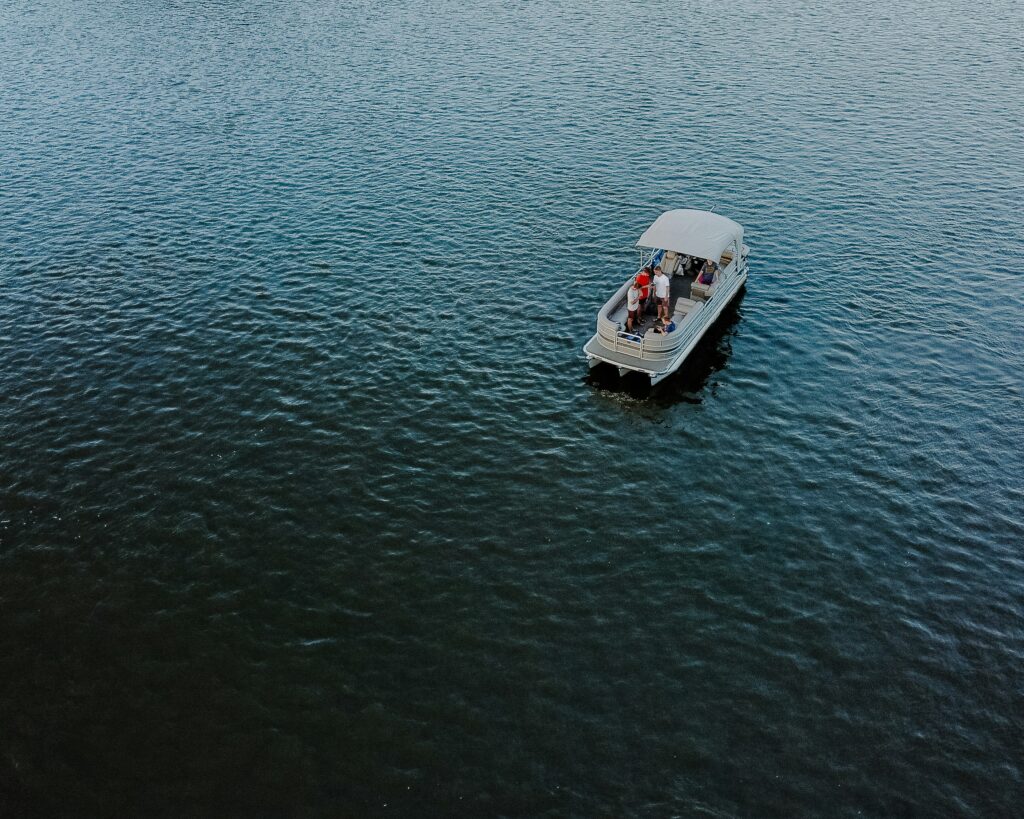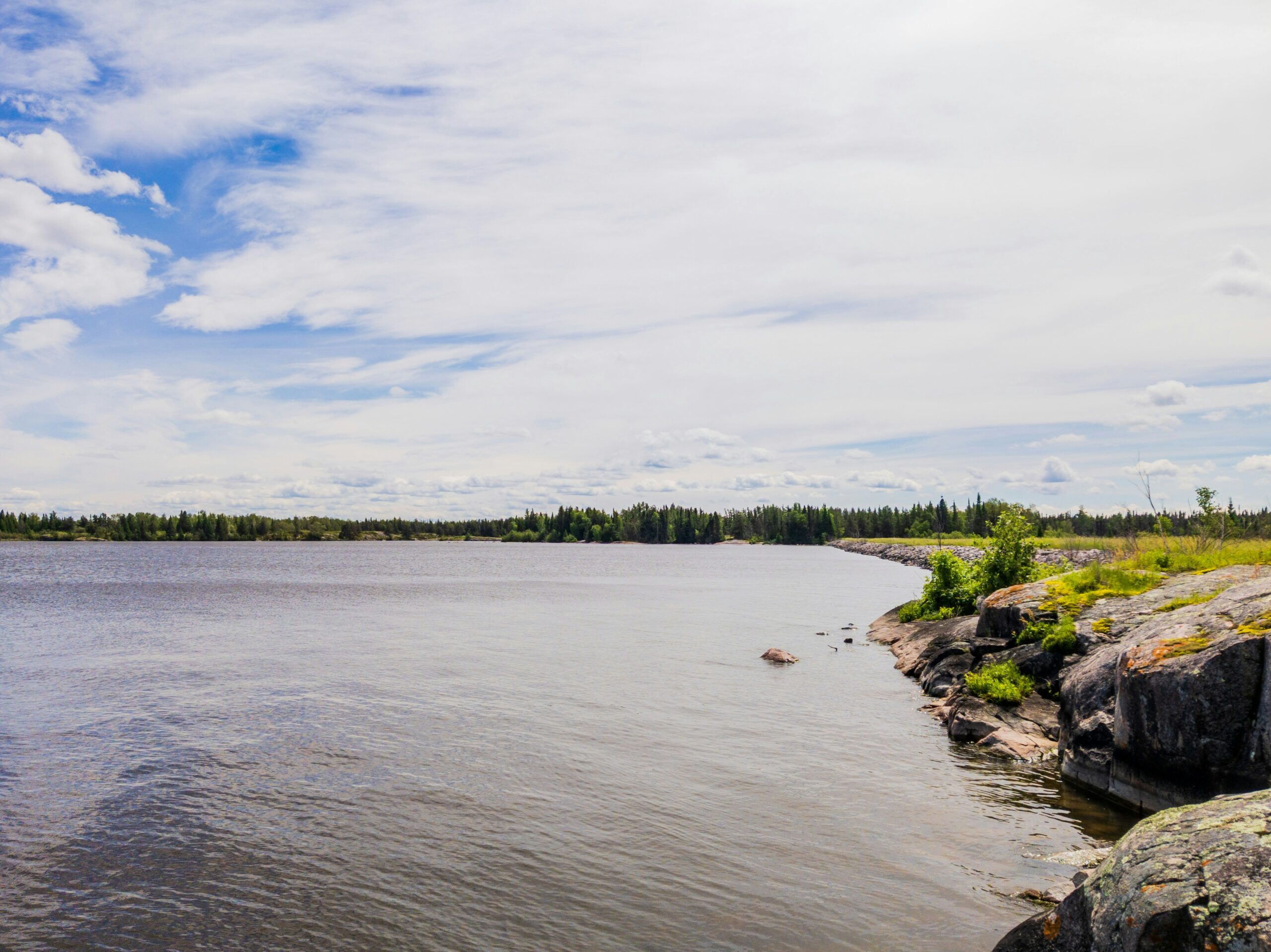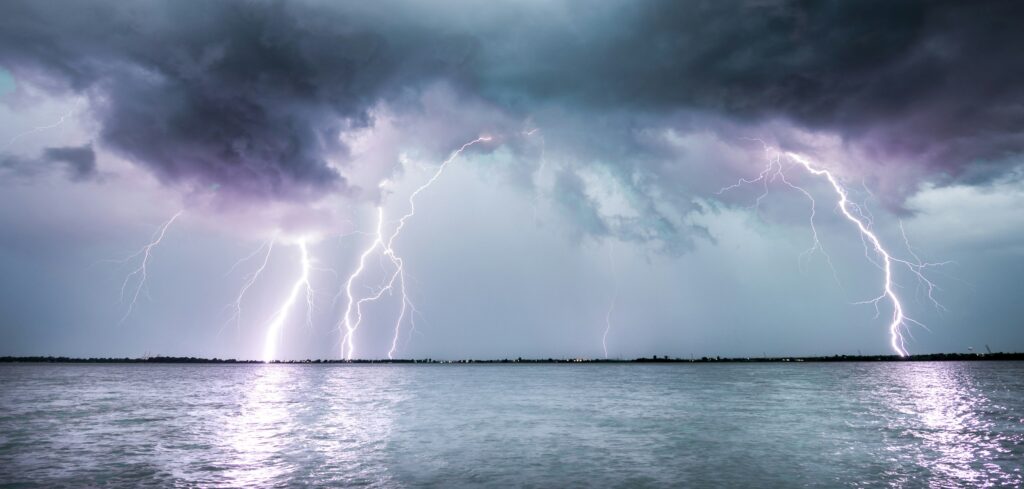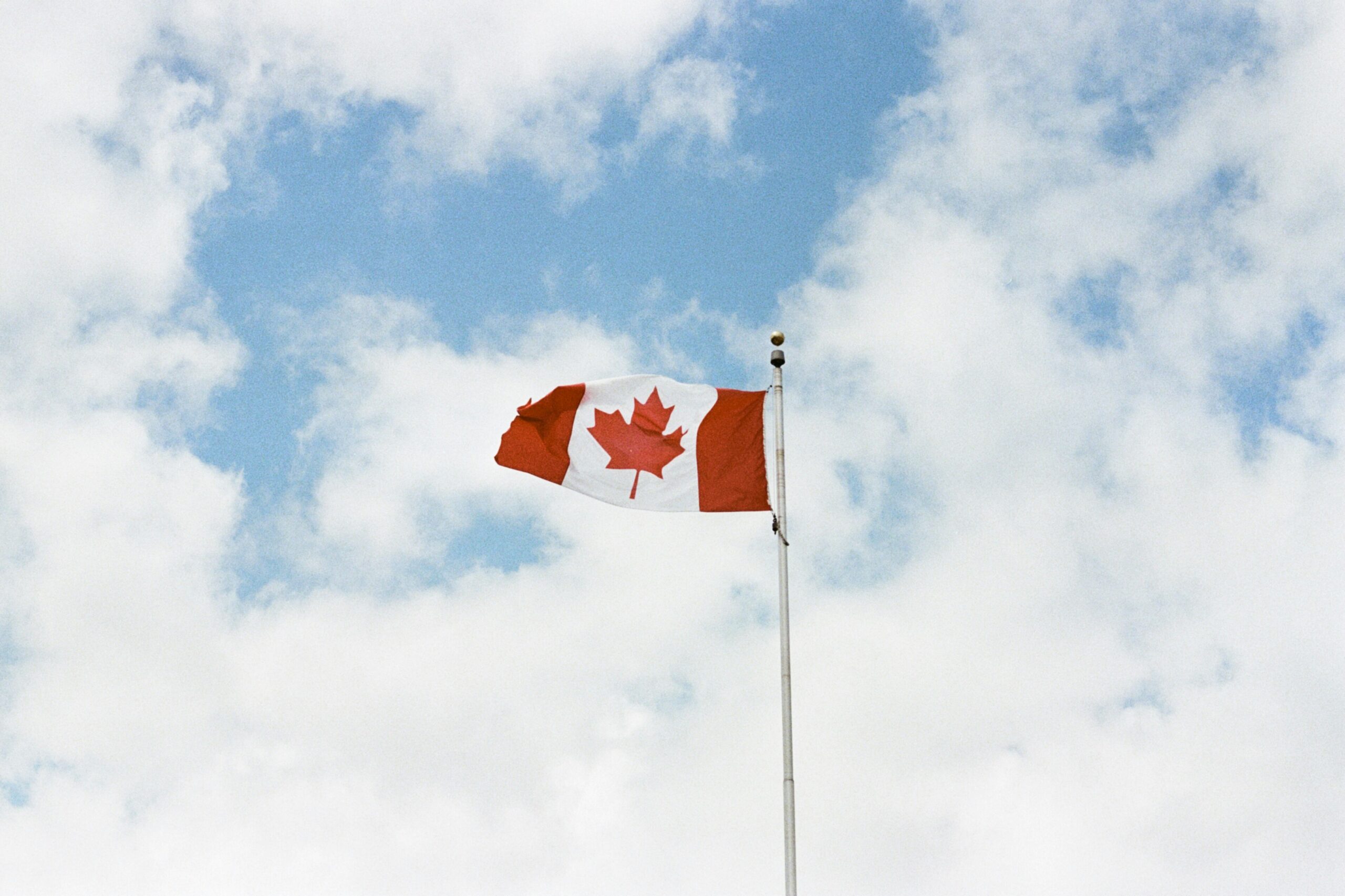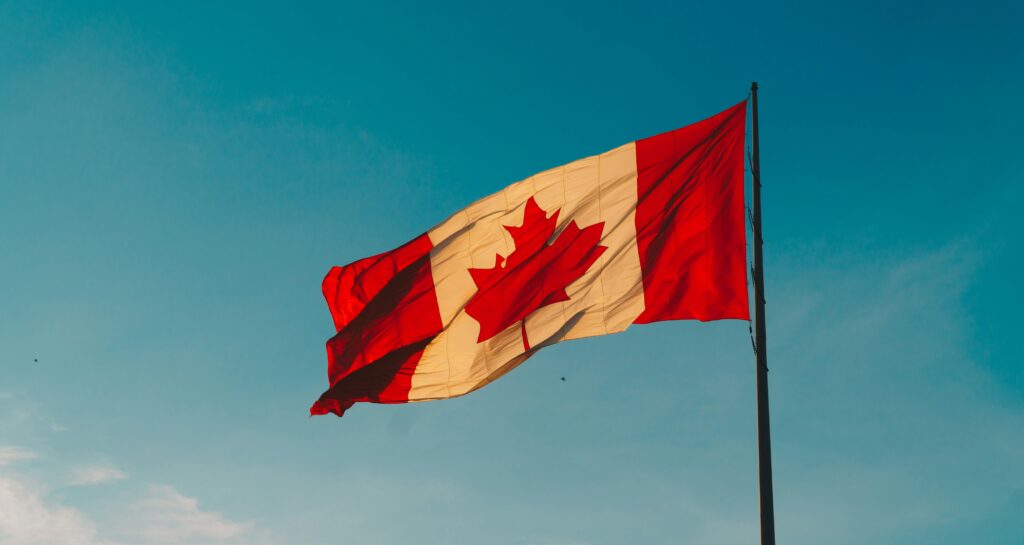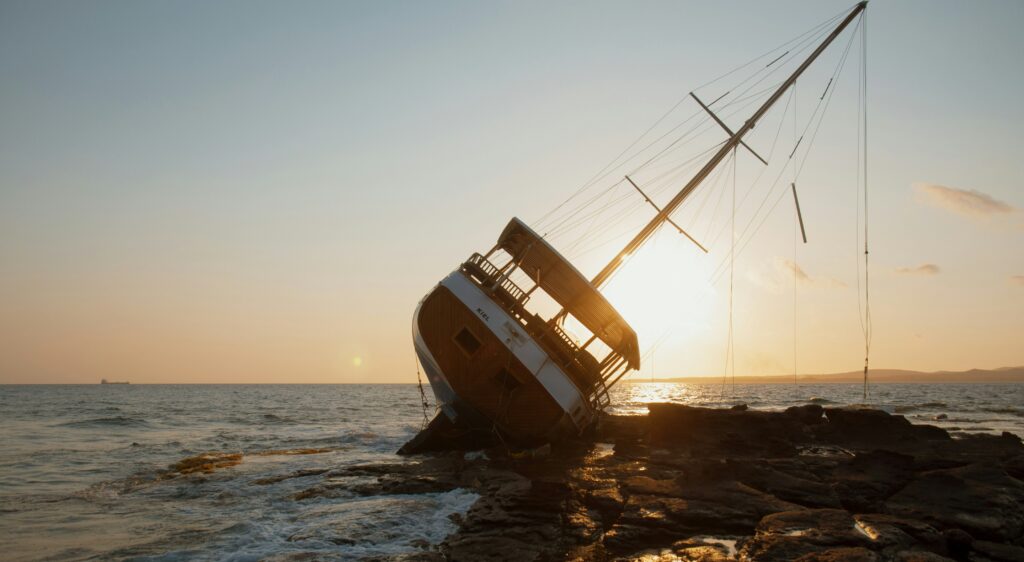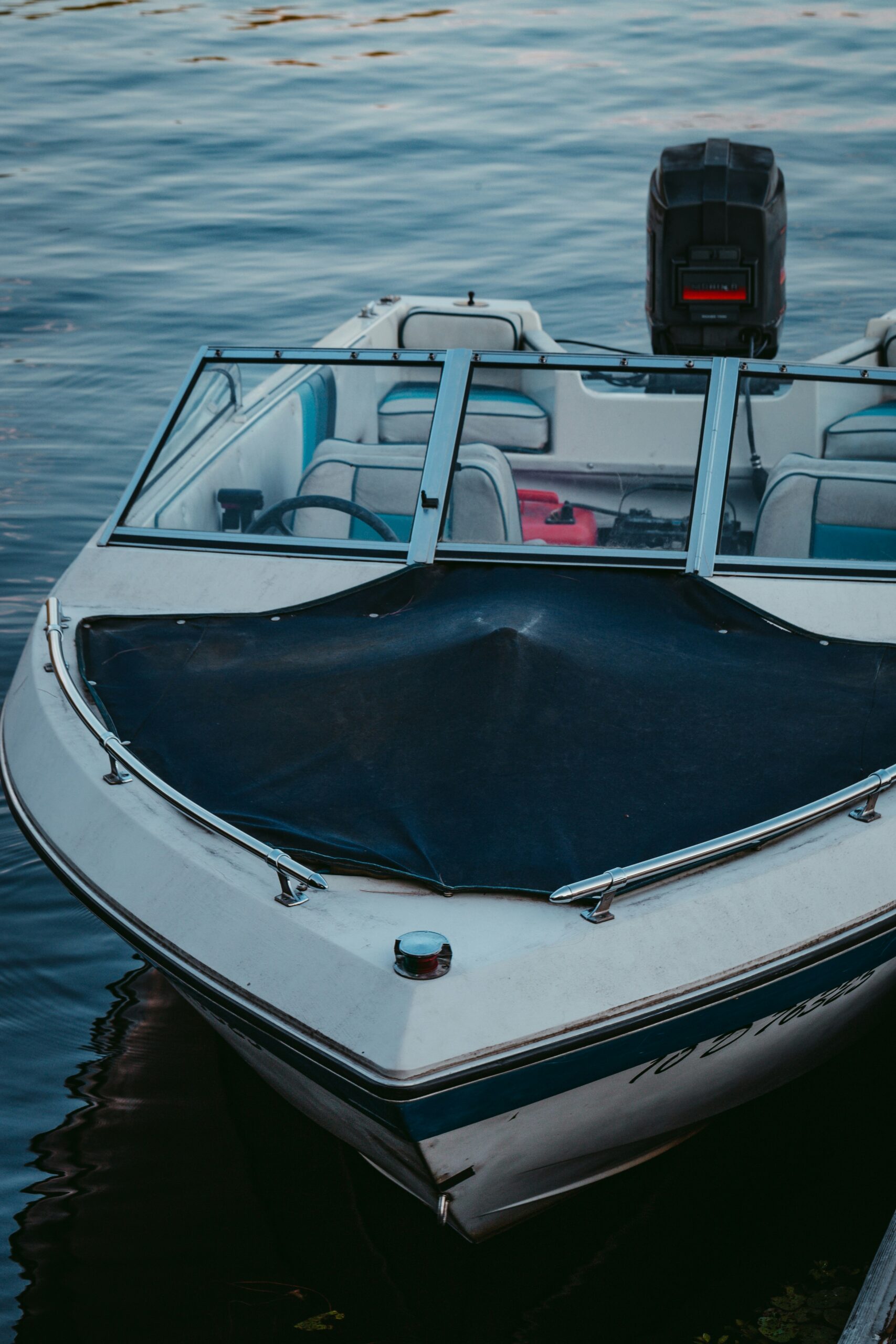Choosing the right boat engine can dramatically impact your boating experience, whether you’re fishing, cruising, or participating in water sports. Various types of boat engines cater to different needs, offering distinct advantages and disadvantages.
This blog will explore the primary types of boat engines and help you understand when you might want each type for your boat.
Boat engines
Before we dive into the different types of boat engines it’s important to note outboard, inboard, sterndrive and jet engines are based on where the engine is located as well as the type of engine. For example. a jet engine pull water in and pushes it to propel the vessel (usually jetski).
You can also have diesel or gas engines, which we will get into later on in the blog.
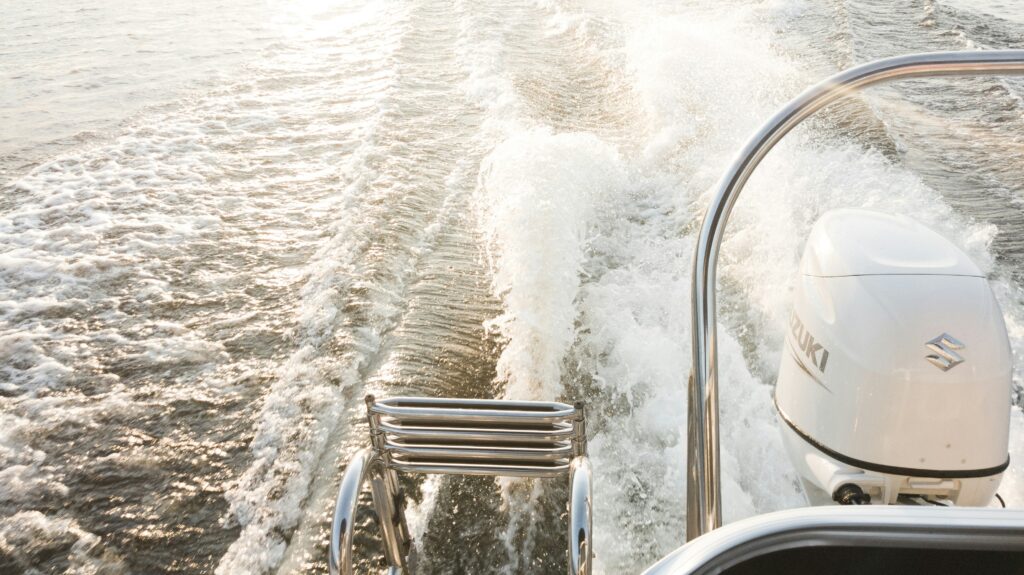
Outboard Engines
Outboard engines are mounted externally on the back of the boat. They combine the engine, gearbox, and propeller into one unit.
Boats that typically use outboard engines:
- Fishing Boats: Easy to maintain and replace, making them ideal for small fishing boats.
- Speedboats and Small Recreational Boats: Provide excellent speed and performance, perfect for water sports.
- Portable Crafts: Their lightweight and portable nature make them suitable for inflatables, dinghies, and other small crafts.
Advantages:
- Easy to maintain and service.
- High power-to-weight ratio.
Disadvantages:
- Can be noisier compared to some other types of engines.
- More exposed to the elements, which might affect durability.
Inboard Engines
Inboard engines are located inside the boat’s hull. They connect to a driveshaft that turns the propeller beneath the boat. This setup frequently provides a stable and powerful performance, making it a popular choice for larger boats.
Boats that typically use inboard engines:
- Cruising Boats: Provide a smoother ride and better balance, ideal for larger cruising boats.
- Water Sports: Offer better handling for activities like wakeboarding or water skiing.
Advantages:
- Lower center of gravity, enhancing stability.
- Reduced noise levels as the engine is housed within the hull.
- Better fuel economy for longer trips.
Disadvantages:
- Harder to access for maintenance.
- Takes up interior space within the hull.
Sterndrive (Inboard/Outboard) Engines
Sterndrive engines, also known as “inboard-outboard” (I/O) engines, are a hybrid between inboard and outboard engines. The engine is housed inside the boat, while the drive unit (outdrive) is outside.
Boats that typically use sterndrive engines:
- Recreational Boats: Ideal for boats where space utilization and performance are both critical.
- Sport Boats: Popular for their versatility and good balance of performance and interior space.
Advantages:
- Offer the quiet operation of inboards with the accessibility of outboards.
- Tend to provide good fuel efficiency.
Disadvantages:
- Can be complex and expensive to service.
- The outdrive unit is exposed to marine elements, which could require more maintenance.
Jet Engines
Jet engines use an impeller to draw water into the engine and forcefully expel it to propel the boat forward. Without traditional propellers, these are common in personal watercraft like jet skis and high-speed boats.
When to Use:
- Shallow Waters: Ideal for navigating rivers and shallow areas where propellers might get damaged.
- Personal Watercraft (PWCs): Perfect for small, maneuverable watercraft like Jet Skis.
Advantages:
- No exposed propeller, making it safer for swimmers.
- Excellent maneuverability, particularly at high speeds.
Disadvantages:
- Can be less fuel-efficient than propeller-driven engines.
- Not very effective at low speeds or with heavy loads.
Gas vs. Diesel Engines
For each of these different types of boat engines (inboard, outboard, sterndrive, jet engine etc.) they may also run on marine gas (usually the most common) or in some cases for larger boats marine diesel.
Marine gas and marine diesel are essential fuels for boating, but they cater to different types of vessels. Marine gas, or gasoline, is typically used in smaller boats like speedboats and personal watercraft. It’s commonly found at marinas and small coastal fueling stations.
In contrast, marine diesel is favorable for larger vessels such as yachts, commercial ships, and some fishing boats due to its efficiency over long distances. Diesel is available at larger ports and facilities serving commercial fleets.
Conclusion
Choosing the right boat engine is crucial for optimizing your boating experience. Consider the type of boating activities you plan to engage in, the waterways you will navigate, and your preferences for maintenance and operation.
Each engine type has unique advantages and trade-offs, so weigh them carefully to make the best decision for your needs.
If you’re looking for any assistance with insuring your boat or want to talk about the coverage options reach out to us today!

